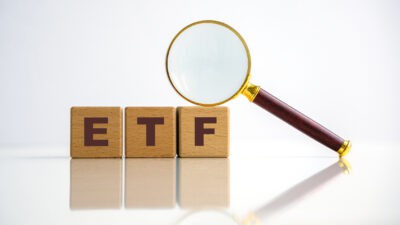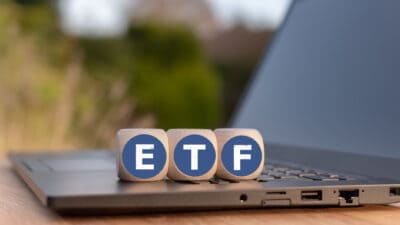In this article are two quality exchange-traded funds (ETFs) that have been providing long-term returns for many years.
What does an ETF do?
In the above link is a breakdown of an ETF, but in summary it provides investors exposure to a group of assets or businesses through a single investment. You don't have to go out and buy the 100, 500 or thousands of individual businesses yourself.
This would save a lot on brokerage and it also provides instant diversification. This diversification can supposedly lower risks because if there's a problem with one business (or sector) then the exposure to the other businesses and sectors can mitigate that.
Here are two examples:
Vanguard Msci Index International Shares ETF (ASX: VGS)
This ETF is about investing in the global share market in numerous companies based in many countries around the world.
It was actually invested in around 1,550 holdings as at the end of October 2020. It gives exposure to many of the world's largest businesses. Its top 10 holdings include: Apple, Microsoft, Alphabet, Facebook, Johnson & Johnson, Proctor & Gamble, Nestle, Nvidia and Visa.
Looking at the sector weightings, this ETF has a 22% holding of IT shares, a 13.5% position in healthcare shares, a 12% weighting to consumer discretionary businesses, an 11.7% position in financials businesses and a 10.5% weighting to industrials. The other sectors have a weighting of less than 10%.
The United States gets the biggest allocation of the ETF as it's the biggest economy and it's where many global companies are listed. Around 68% of the ETF is invested in US businesses. However, it also has a 8.1% allocation to Japan, a 4% weighting to the UK, a 3.2% holding of French shares, a 3.2% weighting to Switzerland, a 3.1% allocation to Canada and a 2.8% holding of German shares. There are many other countries with representation such as the Netherlands, Sweden, Denmark, Spain and Italy.
Fees can have a major impact on the overall net returns of an investment. Vanguard Msci Index International Shares ETF has an annual management fee of just 0.18%.
In terms of net performance, this ETF has returned an average of 11.1% per annum since November 2014 and 8.6% per annum over the past five years.
According to Vanguard, this ETF has a dividend yield of just over 2% with a return on equity (ROE) ratio of 16.4%.
VanEck Vectors Morningstar Wide Moat ETF (ASX: MOAT)
VanEck, an ETF provider, says that this ETF gives investors exposure to a diversified portfolio of attractively priced US companies with sustainable competitive advantages according to Morningstar's equity research team.
This one has many less holdings compared to the global Vanguard one. It has 48 positions. and its biggest positions are different to the biggest companies in the world. The largest holdings are: Applied Materials, Corteva, Charles Schwab, Microchip Technology, Boeing, Compass Materials International, Aspen Technology, Yum! Brands, Cheniere Energy and American Express.
In terms of sector allocation with a double digit weighting, there is a 22.2% allocation to IT, an 18.2% weighting to healthcare, a 17.1% holding of financial businesses, an 11.3% weighting of industrial companies and a 10.1% position in consumer staples.
Despite VanEck Vectors Morningstar Wide Moat ETF's annual fee of 0.49% per annum, it has produced bigger long-term returns than the Vanguard ETF. Over the past five years it has produced net returns of 16% per annum. This has actually been stronger than iShares S&P 500 ETF (ASX: IVV) as well.







